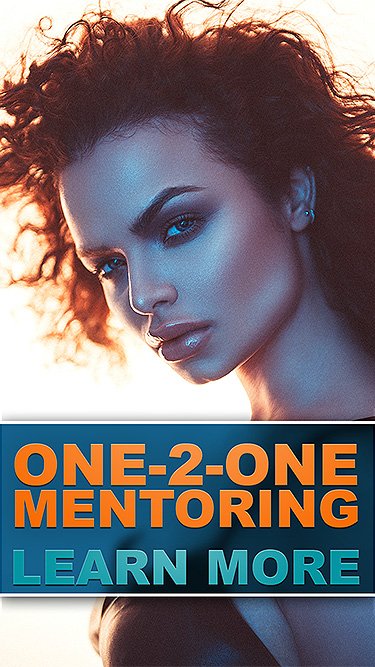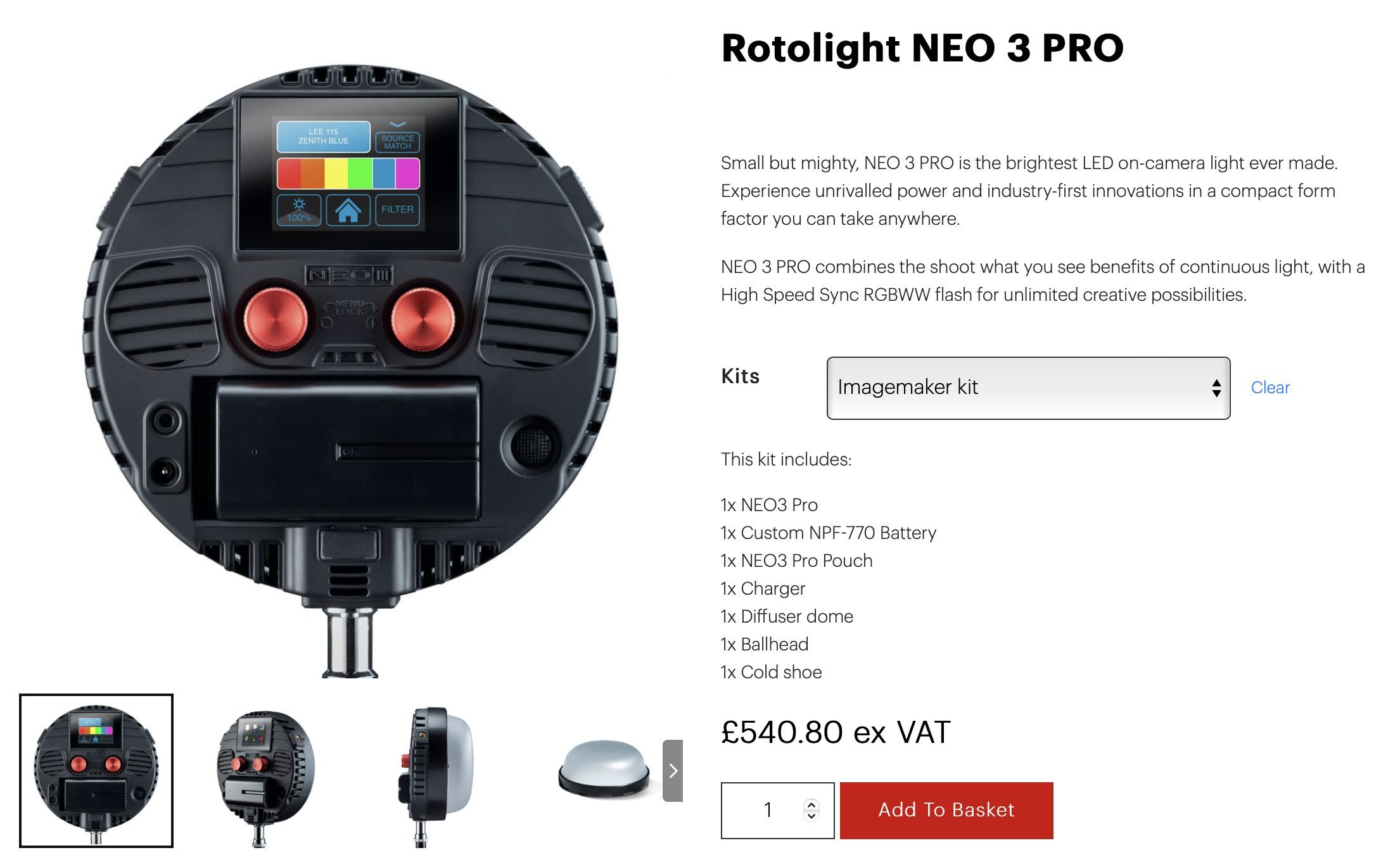I’ve spoken about how great art has historically come from those who are at odds with others. Sure, mental illness was sometimes a catalyst for this, but many artists were simply a product of their time and surroundings. For the most part, they learned their craft via personal experience. Today we quite literally have the resource of global knowledge in our pockets. There is no denying that this reserve of knowledge is incredible, but what happens when we all drink for the same well?
The internet is clearly a vast resource, but it’s now becoming so vast that tools are in place to make sure we can actually find what we’re looking for. You and I know these tools as algorithms and as amazing as they are at delivering us what we ask for, they are designed to please and when that happens, that’s the only content the next person who looks for the same thing gets. In its simplest form, this is the start of a trend as the algorithm repeatedly serves the same supposedly engaging content to multiple users. This is great and (mostly) harmless when we need a little endorphin hit with our morning coffee. After all, remember when I said we all have the same baseline appreciation for beauty? A quick cat video, a beautiful shot of a sunset, easy wins for all involved and we can all enjoy the same great things together. It becomes more problematic however when we want to educate ourselves on a topic we aren’t familiar with.
If I want to learn about photography, I don’t know what I don’t know, and here in lies the problem many self-taught artists can run into. What on earth do you search for?
Historically, many young artists would be taught by the previous generation. Years ago, mentors would share their decades of hard-earned knowledge with their pupils and in recent memory, you went to college or university to again learn from the previous generations. Today, you have inexperienced artists teaching other inexperienced artists as they are the ones who are leveraging the tools of the internet to their benefit.
Before you ‘x’ out of this in fear of listening to ‘yet another grumpy old man shouting at the moon’, hear me out for a moment longer.
Let’s put aside the fact that there are thousands of terribly inaccurate hours of inexperienced knowledge being shared for the moment. In fact, let’s just assume that this free knowledge is actually sound and useful and not just a grab at jumping on the latest trend for now. If that's the case, then we really do have a wealth of information at our fingertips. This is great, but we still need to be equipped to look for it and like I said before, we simply don’t know what we don’t know. How do we know what to look for and better still, how do we know where to look?
We need some form of direction and impetus to form a knowledge structure and simply copying money-see-monkey-do is rarely a great catalyst for creativity.
Historically this structure has come from our mentors and whether that was professors or elders sharing wisdom with the previous generation, they had been where we are now and they had the experience to understand what was valuable to grow and sometimes what we need to know isn’t always what we think it is.
I’ll admit, I’ve been extremely fortunate with my education. I was blessed with incredibly enthusiastic and very creative tutors and mentors, but they didn’t always teach me things I liked or even wanted to learn.
For want of a better term, I was ‘classically trained’ and by that I mean I was taught how to paint, draw and ultimately read a scene in front of me. I was taught those skills well over 20 years ago now, yet I still use those same skills today. Paint, charcoal chalk or camera, I was taught how to read the light and view light and shadow objectively. I was taught to look at dimension through light to see how light sculpts depth and texture as it transitions to shadow and more importantly, I was taught how to interpret that into my own work. I appreciate this may seem very airy-fairy to some, but I assure you, my ability to create new ideas today comes from my ability to accurately render light in my mind before even picking up the camera and ‘hoping for the best’. That skill was given to me a long ago and it's a truly invaluable one to me in my work today, but even with what I know now, I couldn't search for that skill online today.
It’s often in the areas we think we don’t need help that often helps the most. I had assignments that made me go out and shoot street portraits of strangers. Approaching strangers and asking to photograph them is hard (granted it was more bizarre approaching strangers with a camera in the late 90’s than it is now), but it taught me to rapidly build rapport and quickly understand a character in a short space of time before taking a portrait of them. I also had to learn architectural photography on a large format 5x4 bellows camera. I had zero desire to learn about how to photograph a building, but the skill involved in trying to make a building look straight when photographed from the street is substantial. Not to mention the battles with focusing on an upside-down and inverted image on a ground glass plate with a black cloth over my head on a busy street and couple that with the exposure latitude of large format E6 being about half a stop! Note that modern cameras have an exposure latitude of 15 stops today! You really have to be dialled into what you’re doing to take that one shot. Did I enjoy it? Hell no! It was horrendous and I don’t recommend that absolute madness to anyone, but did I learn a lot about checking and verifying a scene? Absolutely. Did I learn about parallax, perspectives and composition within repeating patterns? Absolutely.
It’s this very broad base of knowledge that ultimately makes us unique and its this uniqueness that allows us to unsurprisingly create unique art.
Hell, I’m loathed to admit it, but even the ceramics course I hated probably taught me something about light and texture, just don’t tell my tutor that.
The internet is clearly incredible, but when it's designed to repeatedly feed us pleasing content, especially when it's from those who are young and inexperienced due to their ability to leverage that algorithm in their favour over more experienced artists who are out of touch with the latest delivery platform, we have an issue when that content is supposed to be educational. We're left with a generation of children teaching other children and this trend may well continue as technology and its delivery method changes faster than the knowledge being gained.
The well of the internet is not quite as deep as we’d like to imagine as 'trends' are the only knowledge that makes it to the surface and what’s worse, we don’t even realise what we're missing below.
In the words of a great sci-fi icon who was concerned about the proliferation of the self being lost into a sea of digitisation, “Overspecialise, and you breed in weakness. It’s slow death”. (20 points to the cultured few who know who said that).
The homogenisation of knowledge seems amazing at a surface level, but it’s most certainly a slow death for creativity.
























































